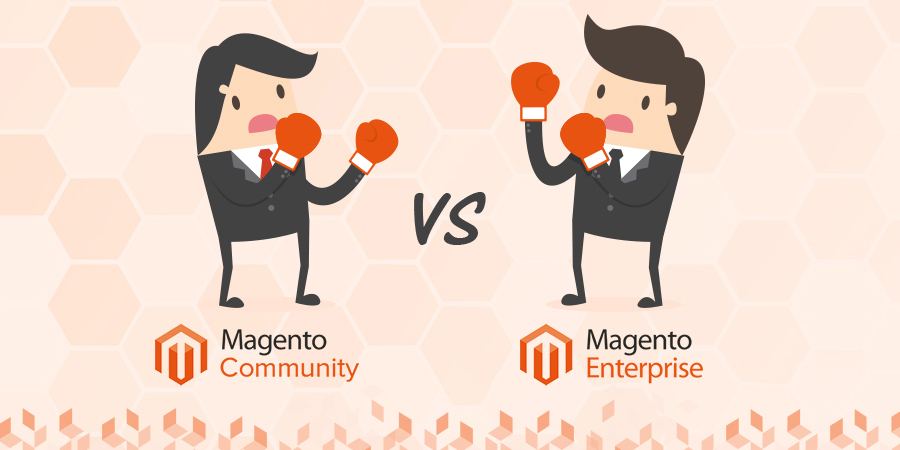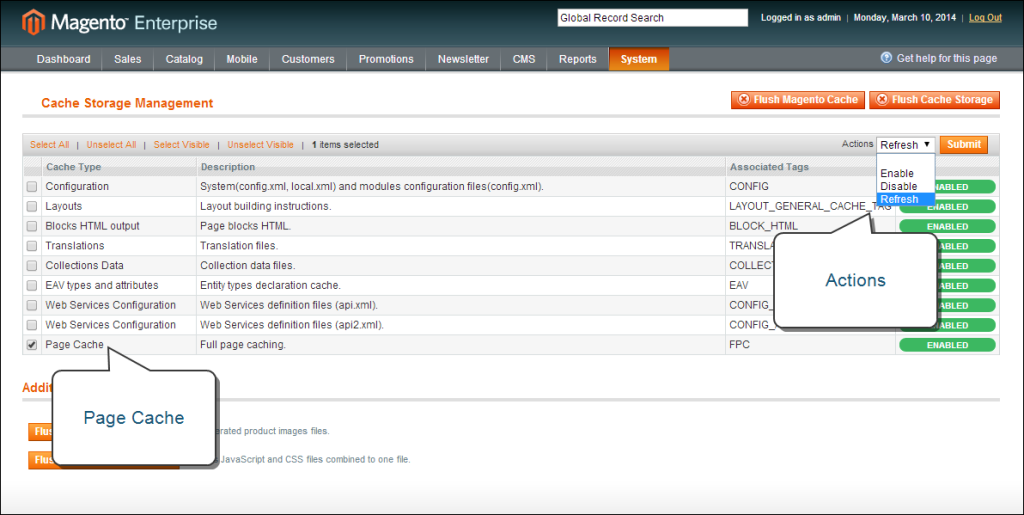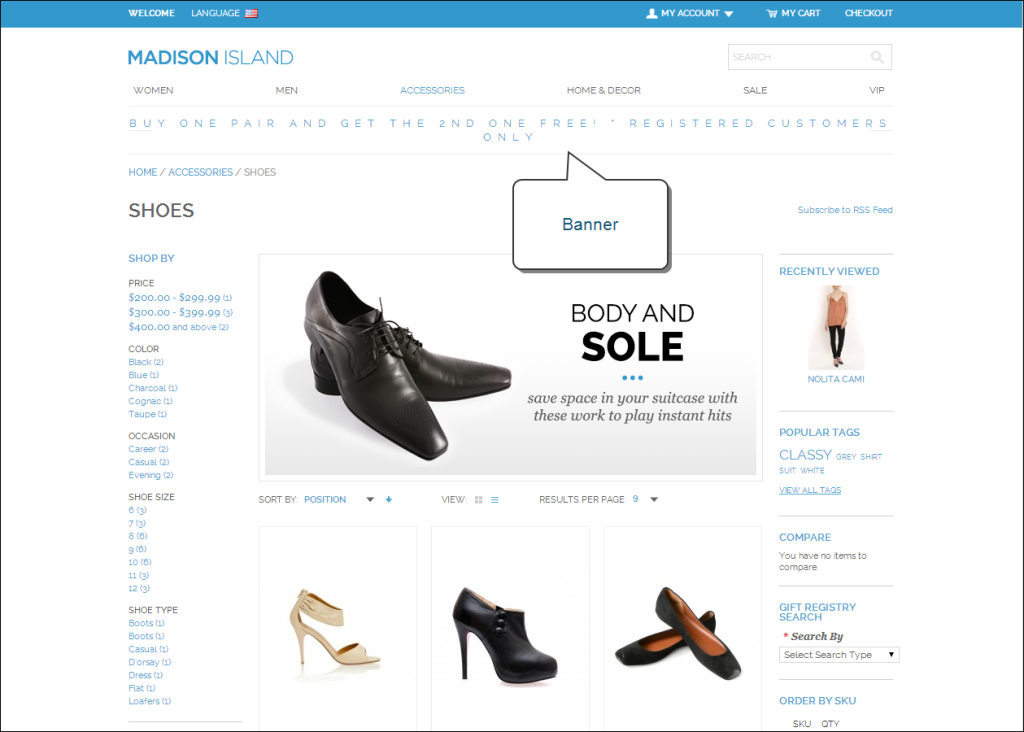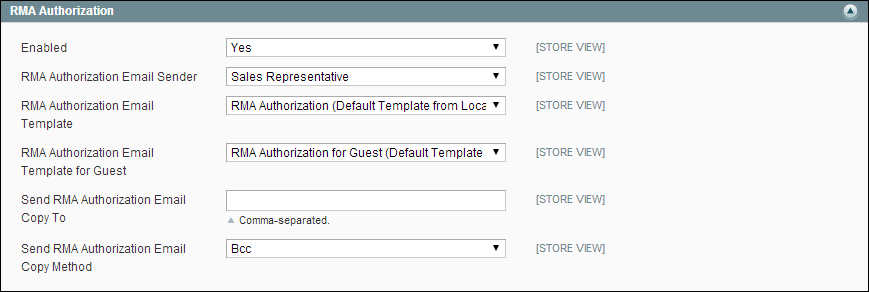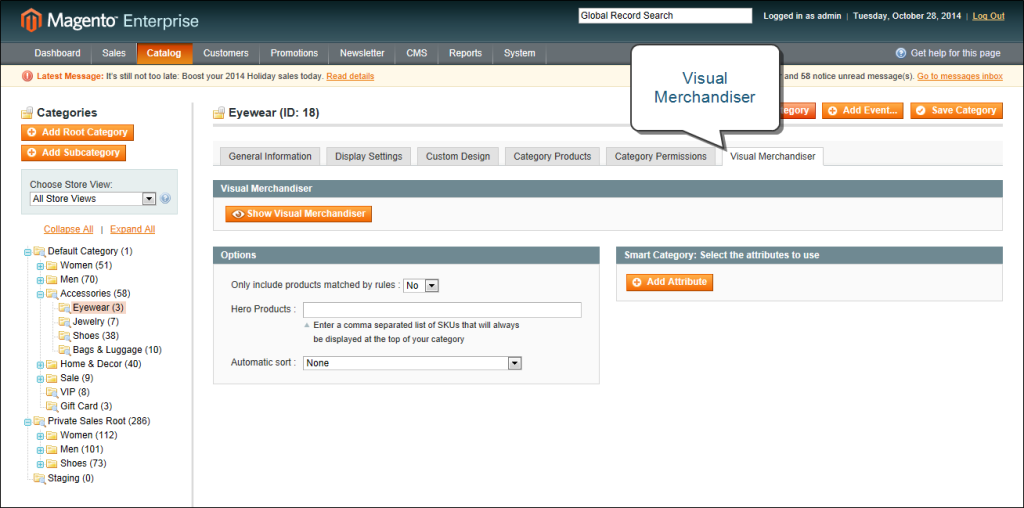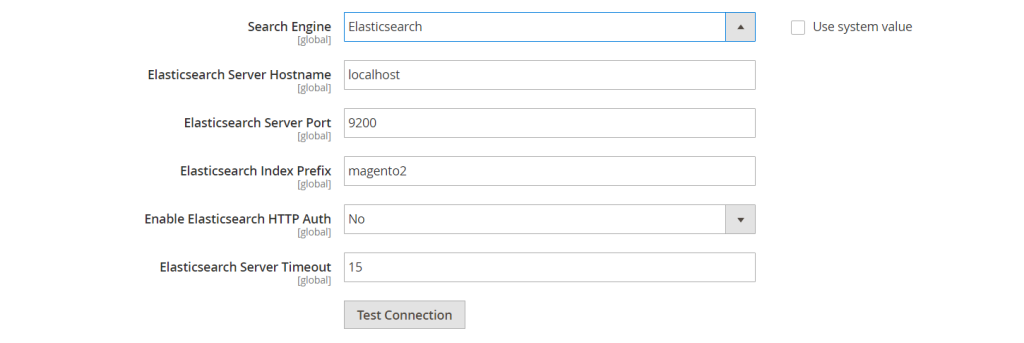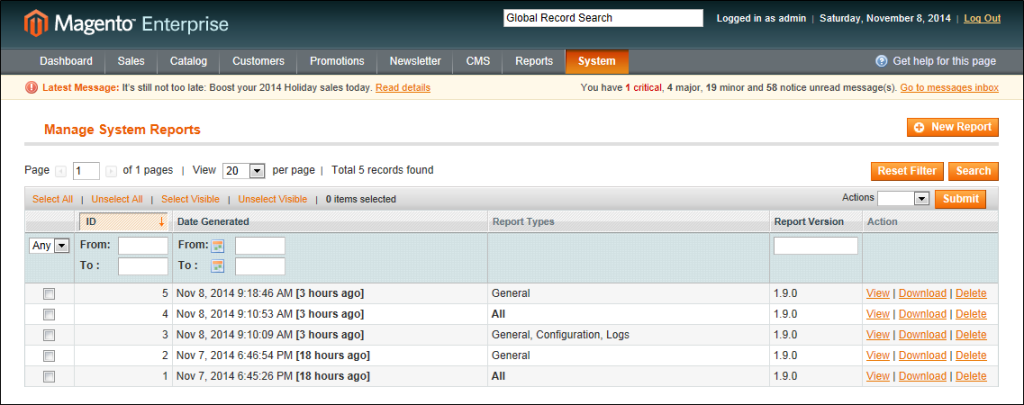In the present scenario, the world is progressively inclining towards digital realm and online shopping has become a fad. The quick increase in online sales is possible only through intuitive and engaging eCommerce stores. Though several eCommerce platforms like Shopify, Demandware, WooCommerce, Hybrid, etc., are available, Magento has always been the first choice for B2B and B2C eCommerce because of its scalability, flexibility, functionality, and other comprehensive features.
However, while considering Magento for their eCommerce stores, several merchants often get stumped selecting between the two editions: Magento Community Edition (an open source) and the Enterprise Edition (the licensed version). Well, it’s obvious! As both the Magento editions offer an amazing array of features, it becomes a daunting task to pick the one. In order to help merchants avoid this perplexing situation, we have comprehensively evaluated both the editions. Explore here!
Are Both the Editions Capable of Catering to B2C and B2B Customers with Equal Efficiency?
Magento CE is an excellent alternative for small businesses with a limited number of features. Additional features can be added to this edition via extensions that are available in the Magento Marketplace.
Large and mid-size organizations with large-scale projects must go for Magento EE as it has all the features of Magento CE as well as some additional amazing inbuilt features that help them carry out their businesses sleekly.
When it comes to efficiency, Magento CE offers full capabilities only for B2C customers. It requires third-party add-ons to meet the requirements of the B2B businesses. On the other hand, Magento EE has advanced features to cater to both the B2B and B2C customers in a competent manner.
Is It Worth to Go for Licensed Magento Enterprise Edition?
Magento CE is free to download and the feature gaps in this edition can be fulfilled through modules, but using the third-party solutions is not always secured. On the other hand, Magento EE comes with a licensing fee which may vary as per the requirements of the businesses.
As a matter of fact, both Magento Community and Enterprise editions are self-hosted and packed with certain amazing features like different product config types, catalog management, checkout and payment features, marketing tools, etc., howbeit, Magento EE has some more advanced enterprise-level features such as better search OOTB, merchandising, customer loyalty options, full page caching, etc., which make this edition a little bit expensive. Here are some of the features that make the licensing cost of Magento EE worth it.
Features That Make Magento EE Far Better Than Magento CE
1. Scalability and Performance
Magento Enterprise Edition (EE) is the better choice for the eCommerce stores that manage a large number of products and have high traffic. Full Page Caching feature allows multiple users to browse the site simultaneously, without affecting the loading time. Moreover, this edition has the feature of optimized indexing that enables merchants to add and update products without performing re-indexing.
Image Source: Magento

